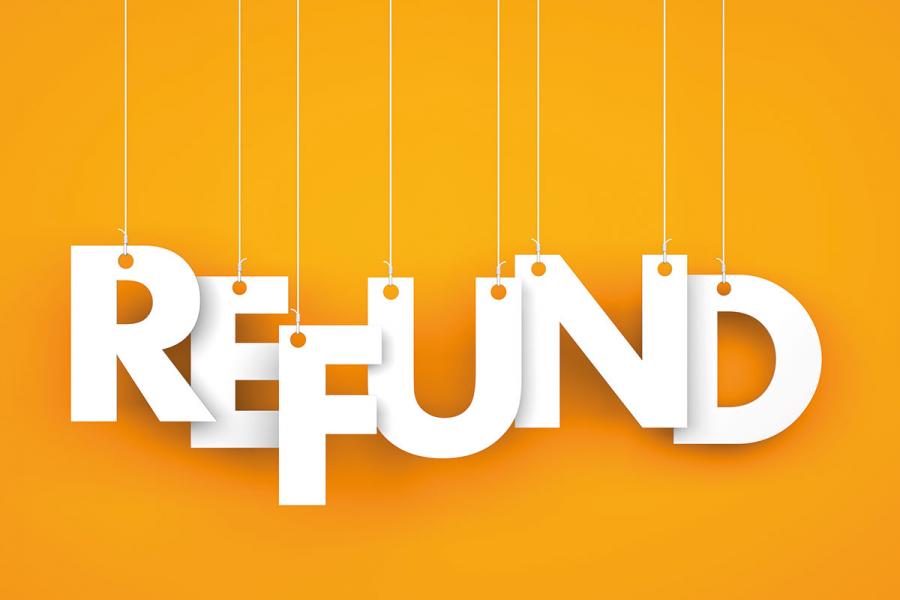
Important Tax Deadlines & Events (Updated For 2025)
It is crucial to stay on top of key tax dates to keep your financial affairs in order. Here’s a friendly reminder of the important tax deadlines this year.


It is crucial to stay on top of key tax dates to keep your financial affairs in order. Here’s a friendly reminder of the important tax deadlines this year.

Discover the suggested reimbursement rates for employees’ private mileage using their company car.

Now is the perfect time to review your finances and make sure you’re making the most of available tax reliefs and allowances.

It is that time of year again for staff parties and annual functions, so it is important to make sure you record it properly.

A recent tax tribunal has ruled against HMRC who were seeking to raise tax assessments for the High Income Child Benefit Charge (HICBC) for earlier years that had not been reported to HMRC.

The temporary 5% rate applies to the following supplies, but is not an exhaustive list:
Catering, including hot takeaway food
Accommodation in hotels, guest houses and similar places
Tourist attractions such as theme parks, zoos, theatres and cinemas

When the Chancellor announced a temporary cut in the rate of VAT for the hospitality sector and attractions in his Summer Statement on 8 July there were a number of areas that needed clarification. The reduction applies to supplies made between 15 July 2020 and 12 January 2021.

Bringing your employees back from furlough is not a straightforward process. As furloughed employees begin to return to work, business owners and managers need to consider both the practical and emotional aspects of returning to “normal”

HMRC have recently announced that they may allow limited companies to make claims for loss relief and tax refunds even though the current accounting period has not yet ended and the corporation tax return has not been submitted.

Second self-employed income support grants to be paid in August:
On 29 May the Chancellor announced that the grant scheme to support the self-employed would also be extended with a further payment based on 70% of average profits for the 3 years ended 2018/19, limited to £6,570 rather than £7,500.

From 1 July the new CJRS “Flexible furlough” grant scheme starts, which will allow employers to gradually bring their furloughed employees back to work part-time. The new scheme will be in place until the end of October and the Government will gradually reduce the amount of grant towards employees’ furlough pay to 70% in September and 60% in October.

Many of you will be looking forward to the football season resuming, albeit behind closed doors. There has been an interesting tax case recently concerning the employment status of referees.

The Government are still committed to the transitional Brexit period ending on 31 December 2020 and businesses trading with the EU need to make sure they are ready for major changes. If you’re submitting an application for Authorised Economic Operator (AEO) status from 1 June 2020, you must submit them through the EU Customs Trader Portal.

Despite the coronavirus lockdown HMRC have announced that they will still expect P11d forms reporting expenses and benefits to be submitted by the normal 6 July deadline.

During the lockdown period many employees and directors have not been using their company cars and it has been sitting on their driveway. You might think that means that the benefit of having a company car does not apply but unfortunately HMRC do not agree.

Sole traders and members of partnerships started making claims under the Self-Employed Income Support Scheme on Wednesday 13 May and many have already received their grant

Chancellor Rishi Sunak announced on 12 May that the CJRS furlough scheme will be extended until the end of October. The scheme will continue in its current form until the end of July with the Government paying 80% of employees wages up to £2,500 a month. For accounts purposes the amounts received should be credited to a “grants received” account, and this will therefore increase taxable profits of the business.

A new CGT reporting and payment on account system was introduced for residential property disposals by UK resident taxpayers from 6 April 2020.

The latest Finance Bill includes important changes to private residence relief that took effect from 6 April 2020.
The first change is to limit to just 9 months the period prior to disposal that counts as a period of deemed occupation

Child benefit charge: With many employees and the self-employed being furloughed, being made redundant, or making lower profits, their income for 2020/21 may well fall below the £50,000 limit at which child benefit starts being taxed.

Furlough Scheme (CJRS) claims portal opened on Monday 20 April and early indications are that it seems to be working smoothly but with a few teething problems as you would expect from a brand-new system.

Some businesses are going to need to “mothball” or “cocoon” until the Government considers the Pandemic to be of lower risk and trading conditions improve.

The government has announced that Working Tax Credits payments will be increased from 6 April 2020. As part of a number of measures to support the country during the COVID-19 pandemic, the basic element of Working Tax Credit has been increased by £1,045 to £3,040 from 6 April 2020 until 5 April 2021.

In times of uncertainty we are seeing the demand for advice increase. We understand the frustrations our clients who are self-employed or freelance.

Now might be the time to think about new equipment for your company. Your business year-end, not 5 April, is relevant for capital allowances purposes. If however you are running a business and making up accounts to 31 March or 5 April you should consider buying plant and machinery to take advantage of the £1 million Annual Investment Allowance (AIA).